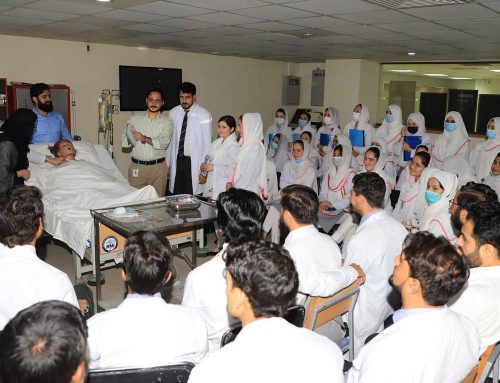
The Impact of Technology on Healthcare
Technology has become an integral part of our daily lives, transforming the way we work, communicate, and even how we manage our health. In recent years, the healthcare industry has witnessed a remarkable evolution, largely driven by advances in technology. These innovations have not only improved patient care but have also revolutionized the way healthcare professionals operate.
Telemedicine: Bridging the Distance Gap
One of the most significant impacts of technology on healthcare is the rise of telemedicine. Telemedicine allows patients to consult with healthcare providers remotely, breaking down geographical barriers and increasing accessibility to medical expertise. This has been particularly valuable in rural or underserved areas where access to healthcare services is limited. The convenience of virtual consultations has also proven beneficial for routine check-ups, prescription refills, and monitoring chronic conditions.
Electronic Health Records (EHRs): A Digital Revolution
Gone are the days of paper-based medical records. Electronic Health Records (EHRs) have revolutionized how patient data is managed and shared. EHRs enhance the accuracy and accessibility of patient information, allowing healthcare providers to make more informed decisions quickly. This digitalization has streamlined administrative processes, reduced errors, and improved coordination among medical teams, resulting in better patient care.
Precision Medicine: Personalized Treatment Plans
Advancements in genetics and data analytics have paved the way for precision medicine. This approach tailors medical treatment to an individual's unique genetic makeup, lifestyle, and environment. By analyzing vast datasets, healthcare providers can predict disease risks and customize treatment plans, maximizing therapeutic effectiveness while minimizing side effects. Precision medicine is particularly promising in cancer treatment, where targeted therapies have shown significant success.
Wearable Technology: Empowering Patients
Wearable technology, such as fitness trackers and smartwatches, has empowered individuals to take charge of their health. These devices monitor vital signs, activity levels, and even sleep patterns, providing users with real-time health insights. Patients can track their progress, set health goals, and share data with their healthcare providers for more personalized care.
Conclusion
As technology continues to advance, its impact on healthcare will undoubtedly expand. From telemedicine to precision medicine, electronic health records to wearable devices, the healthcare industry is becoming more patient-centric, efficient, and accessible. These innovations have the potential to address healthcare challenges on a global scale, providing hope for a healthier tomorrow where healthcare is not just reactive but proactive, personalized, and, most importantly, within everyone's reach. The synergy between technology and healthcare is shaping a future where better health outcomes are no longer a distant goal but a tangible reality.




